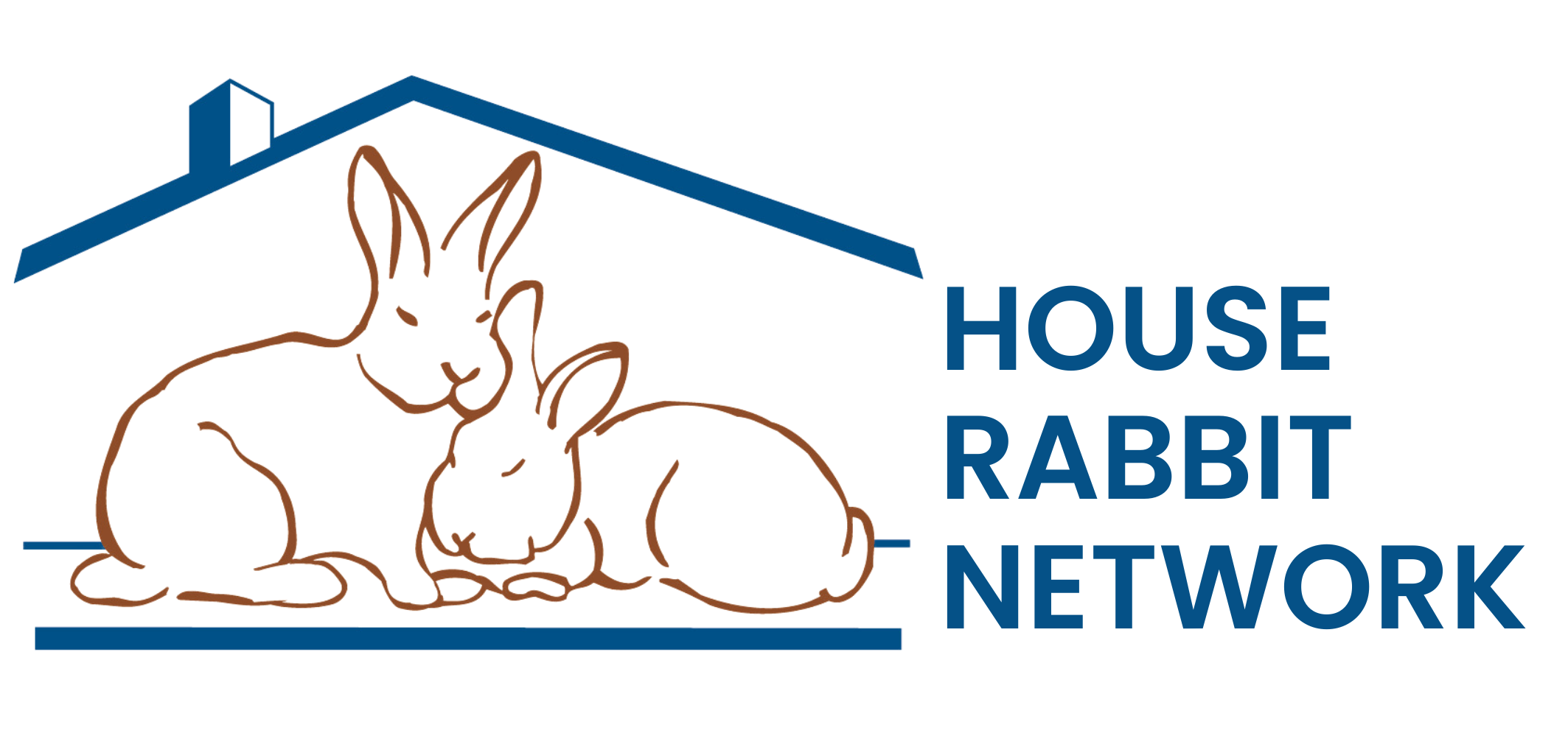Emergency: Gastrointestinal Stasis
A healthy bunny is continually nibbling and producing a large number of big round poops. Any variation from this theme – decreased appetite, ignoring food, or a drop off in stool production- is a sign of a problem that needs to be addressed immediately.
If you or your dog misses a meal, it’s no big deal. The carnivore and omnivore digestive systems are designed to eat meals of variable sizes at variable frequencies; a wolf can stay healthy eating one large meal every few days. But the herbivore system needs constant input in the form of fiber and constant output in the form of stool to run correctly.
Rabbits have a stomach, small intestines and large intestines (colon) much like humans. But in the place of our stunted little appendix, which sits at the junction of the small and large intestines, rabbits have a large cecum that runs three times the length of their body and which functions as a gigantic fermentation vat. Anyone who has ever tried to brew beer or bake bread knows that even small things can throw off the whole process. Similarly, the rabbit digestive system is exquisitely sensitive. Anything from an unhealthy diet (often too much sugar in the form of treats, fruits, or carrots and not enough fiber) to stress, anesthesia, and individual susceptibility may cause the rabbit’s entire digestive tract to stop moving.
Once the intestines pause, gridlock ensues and it can be very difficult to get contents moving again if the system has shut down for longer amounts of time. A bunny that hasn’t eaten in several days has a significant chance of dying, but a bunny that missed just one meal before being treated will most likely be back to normal in a few days. Also, when the digestive contents aren’t processed normally through the intestines, bacterial overgrowth of Clostridium can occur. Clostridium bacteria produce a toxin that is quickly fatal in small amounts; rabbits are the lab model for septic shock because rabbits are so sensitive to these toxins. Often the only sign of Clostridial overgrowth is mucus in the stool.
Your vet will probably recommend radiographs (X-rays) of a bunny in stasis. The films show whether there predominantly gas or food affecting the distended intestines and cecum and how severe the stasis is, which helps with choosing the appropriate medications. Also, the films can show if there is an intestinal obstruction requiring surgery.
Your vet will treat the stasis with pain medications and drugs that help the intestines contract (Reglan or metoclopramide). Fluids are given under the skin to increase hydration – the extra fluid in the system helps to moisten the intestinal contents and can stimulate the intestines to move. Critical Care is a syringe feeding formula that is used to maintain nutrition and jump start the digestive tract by providing fiber input. Antibiotics may be given and if clostridial overgrowth is suspected, a drug that binds the toxin may be prescribed. Simethicone (Gas-X) can be helpful with gas distension. Aside from giving the medication, you can help your bunny at home by keeping him/her in the familiar environment to reduce stress. Also, giving belly massages (rub the abdomen clockwise) may help the intestines start to move – but if your bunny hates this, it’s not worth stressing them over.
Any abrupt change in your bunny’s digestive process warrants an emergency visit to your rabbit vet. Please don’t wait long!
by Astrid Kruse, DVM
